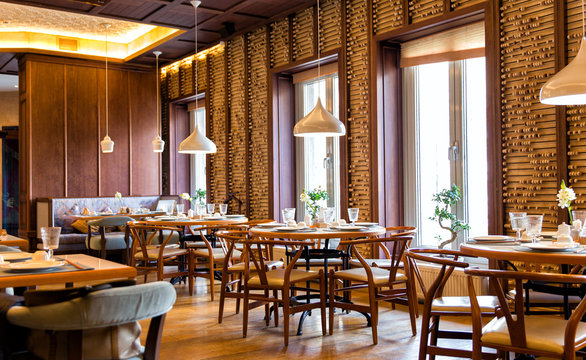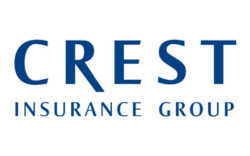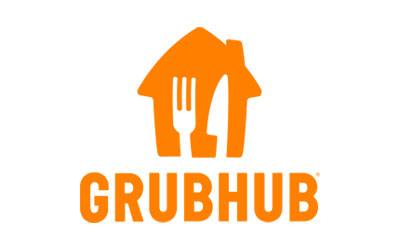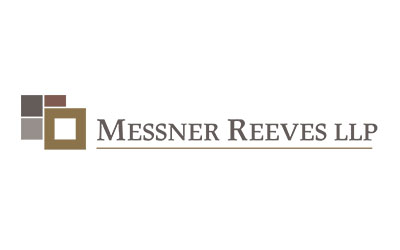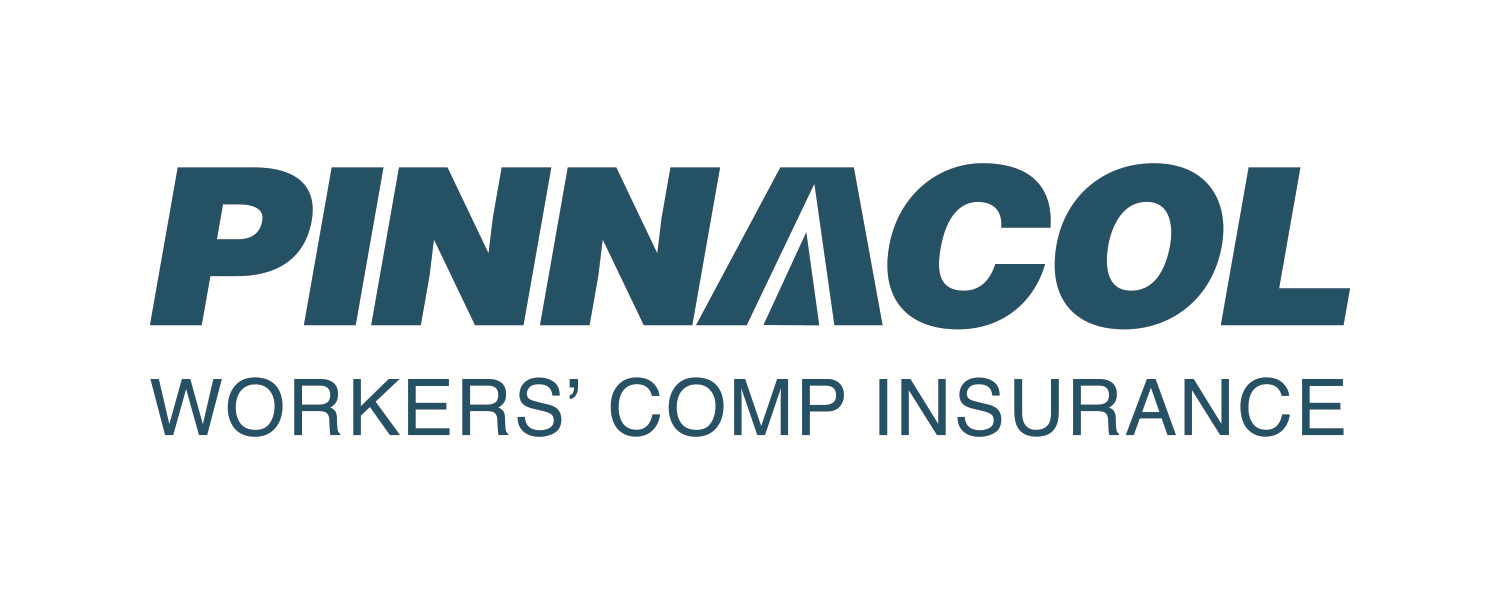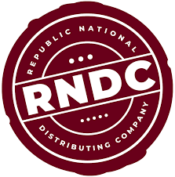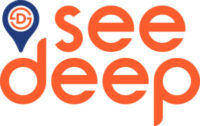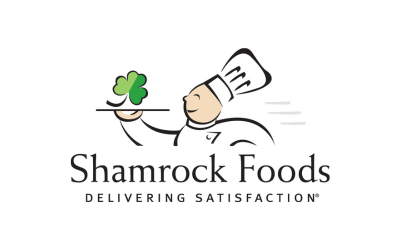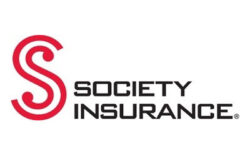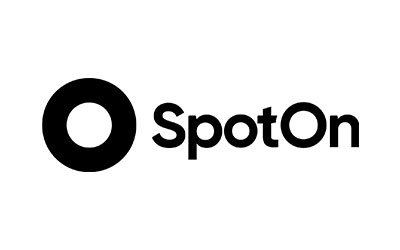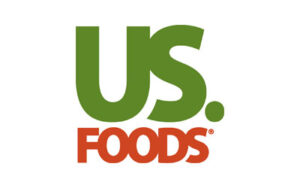Created by our partners at Toast
The liquor license process can take anywhere from 40 days to six months — learn about the types of liquor licenses in Colorado and how to apply for them.
Selling alcoholic beverages is one of the most profitable revenue streams for restaurants, bars, nightclubs, and even cafes. And since many alcoholic products are shelf-stable, investing in a full bar, plus a beer and wine program is a safe bet to help bring in greater profits and increase average check sizes. Ultimately, consumers are willing to pay more for their overall restaurant experience if you give them the option to add a beer, cocktail, or glass of wine to their meal.
But because alcohol is a regulated product, and one that can lead to severe consequences, the state Department of Alcohol Beverage Control requires all businesses that sell alcohol to be licensed to do so before they serve their first drink. Getting a liquor license can be complicated, and it’s an expensive part of the opening process, but many businesses see it as an initial hurdle to overcome so that they can bring in greater profits down the line.
And once your liquor license comes through, it’s also important to ensure that all staff that serve liquor are SmartServe certified, and can spot (and intervene) when a customer is approaching their limit.
To get an alcohol license in Colorado, they’re state-administered, so you’ll have to go through the Colorado liquor board approval process. We’ll get into the various types of liquor licenses available to Colorado restaurateurs, the costs of each of them, and the process to apply.
What are the types of liquor licenses in Colorado?
There are many different types of liquor licenses in Colorado. To find the relevant licenses for serving alcohol in your restaurant, you should consult this guide to ensure that you are selecting the best one for your operation and be aware of the state fee for each.
How to Get a Liquor License in Colorado
What is it and why do you need it?
This license is required for any type of business to sell and serve alcohol to its patrons. Since alcohol has an incredibly high markup and a long shelf life, it’s often beneficial from a profit standpoint to sell alcohol.
How to get a liquor license in Colorado
In Colorado, liquor licenses are issued by the state. You must have a seller’s permit already to be able to apply for a liquor license.
After you’ve applied for a liquor license, you must post a public notice of application on your business’s premises for 30 days. Some cases require the applicant to notify their neighbors or post a notice in the newspaper. They will also need to show that their business is correctly zoned for an alcohol-selling business.
The department does an investigation into the future business and the applicant to see if they qualify. It takes between 30 and 90 days to process a liquor license application, depending on what kind of application it is, so be sure to build this time frame into your countdown to opening. Licenses are renewed on a yearly basis, so you must pay the renewal fee on time or your license will expire until the fee is paid.
How much does a liquor license cost in Colorado?
A liquor license in Colorado can cost from $1550 – $5000. See the full fees associated with different types of liquor licenses in Colorado here.
|
License Name |
Cost |
Link |
| Liquor License | $1550 – $5000 |
How much is a liquor license in Colorado?
A liquor license in Colorado can cost from $1550 – $5000. See the full fees associated with different types of liquor licenses in Colorado here.
What are the annual fees for Colorado liquor licenses?
According to the Colorado liquor board, annual license fees for liquor licenses relevant to restaurants are as follows. Some have a tiered pricing structure based on how populous their city is, while others have one flat fee.
As you work through the application process, you will be able to form a more complete picture for the annual costs associated with keeping your liquor license and remaining compliant with state laws.
What are the fees for person to person liquor license transfers?
There are many situations where a business owner will need to transfer over (or sell) their liquor license to another person, but there are fees associated with this transaction. Toast recommends you research the fees for the different types of person to person liquor license transfers, which can vary depending on whether or not the application includes a general license. To learn more about each type, see the application fee table for person to person transfers on the ABC website.
What is the process for getting a liquor license in Colorado?
Fill out forms and collect documentation
What documents will you need to get a liquor license in Colorado?
The list of ABC forms to fill out is extensive and varies widely by what kind of business entity is applying: an owner, an LLC, a partnership, a corporation, a limited partnership, or a trust. Local offices provide this information in person.
Additional documents will also be needed and will vary depending on the type of business entity, but for all types of applications,
- You will need to show a state-issued ID, a driver’s license, or passport for the person applying at the ABC office.
- You will need to show a copy of your conditional use permit or a receipt that shows your application has been submitted, which can be obtained from a city or county planning department.
- You may need to show proof of the source of your funds, including bank statements, loan papers, financial statements, gift letters, real estate papers, and more.
Go to the nearest ABC office
In Colorado, getting a liquor license involves finding your nearest ABC office and making your way there.
You’ll be asked to provide the above documentation about you and your business.
Notify the public
Once you’ve filled out all your forms and collected your documentation and submitted it all in person, you’ll be required to notify the public about your business’s intent to secure a liquor license, usually with a sign pasted visibly on the premises. Some areas will require you to take out a newspaper ad announcing it, or pursuing other avenues.
ABC investigation and decision
Then, the ABC will notify officials in your area and ensure the liquor license wouldn’t constitute a public nuisance or contradict zoning laws. Then, the ABC will investigate you and your potential business for any red flags, they may also investigate the physical business location, and then they do a final review of your whole application.
That’s when you’ll hear if you’ve been approved or not. If you have, you’ll receive your liquor license and be able to start using it. If you have been denied, you can initiate a hearing and appeals process.
What are some common challenges in the application process?
According to ABC, the most common issues that delay the approval of liquor license applications include the premises still being under construction and not ready to open, fee mistakes or omissions, document mistakes or omissions, or liens placed against the business, local cities and counties, or local health departments.
Some of the common reasons for being denied include having a disqualifying police record, being under 21, finding fraud in the application, or location-based issues like the premises being too close to a school, hospital, church, or other type of business that could experience problems with a liquor-license business nearby, zoning issues, tenancy issues, or if the area has problems with crime which could be made worse by a liquor-licensed business.
How long should you expect the liquor license process to take?
The Colorado liquor license process typically takes between 30 and 120 days, but if there are issues that come up throughout the process, it can go up to 175 days or longer.
When to start the liquor licensing process
To be safe, start your liquor license application process 4-6 months before you plan to open. If you want to be all but certain that you’ll be able to have your liquor license in hand at your grand opening — and be able to toast with champagne, not Martinelli’s sparkling apple juice — start six months in advance. You never know what kind of issues your case may spark, so leaving a longer amount of time is a smart idea.
The work continues!
The first thing you’ll need to do when working to open a restaurant is write up your restaurant business plan. But shortly after that comes the licenses and permits process, including your liquor license application — which, as mentioned above, can take anywhere between 40 days and six months. So get that part started as early as possible.
Find the original article from Toast, along with additional resources, here.
DISCLAIMER: This information is provided for general informational purposes only, and publication does not constitute an endorsement. Toast does not warrant the accuracy or completeness of any information, text, graphics, links, or other items contained within this content. Toast does not guarantee you will achieve any specific results if you follow any advice herein. It may be advisable for you to consult with a professional such as a lawyer, accountant, or business advisor for advice specific to your situation.
